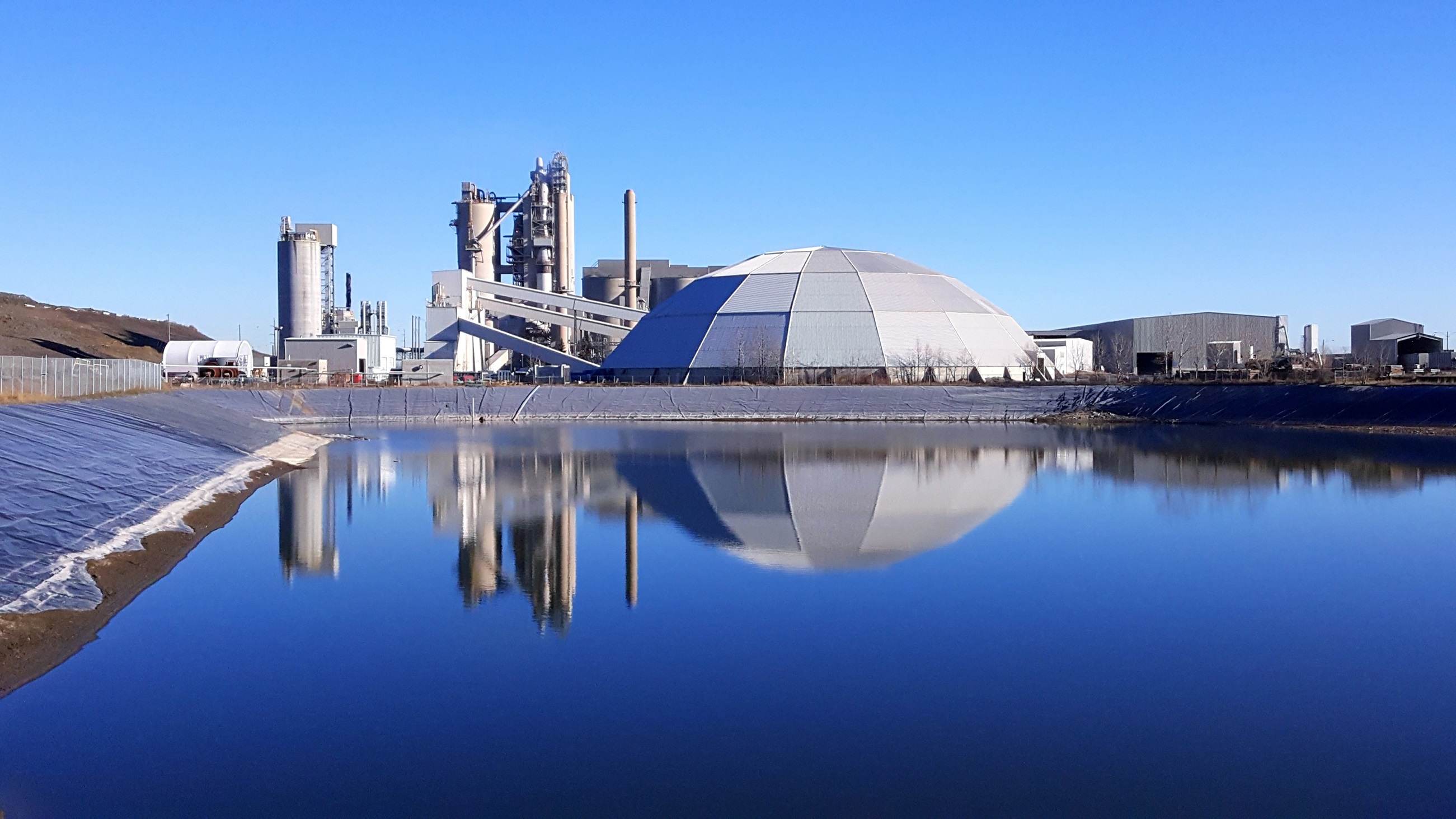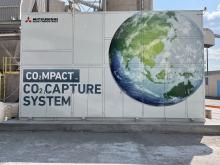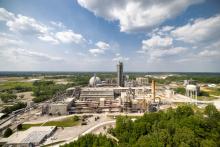
This groundbreaking project will be the first full-scale application of CCUS in the cement sector. As part of this process, Technip Energies, a world-leading engineering and technology player for the energy transition, has been selected as one of the partners for this effort and has been awarded a front-end engineering and design (FEED) contract for the carbon capture technology for the Edmonton CCUS project.
Powered by the Shell CANSOLV CO2 capture system, the Technip Energies solution, which will be the basis of the FEED study, offers cutting-edge performance based on regenerable amine technology.
“We are excited to take this latest step in our journey to produce the world’s first net-zero cement,” said Joerg Nixdorf, vice president Cement Operations, Northwest Region for Heidelberg Materials North America. “With each milestone, we come closer to realising our vision of leading the decarbonisation of the cement industry.”
“We are pleased to have been selected by Heidelberg Materials North America to provide the FEED of this groundbreaking project in Canada,” said Christophe Malaurie, SVP Decarbonisation Solutions for Technip Energies. “Leveraging our carbon capture solution powered by the Shell CANSOLV CO2 capture system, we are committed to supporting the decarbonisation of the cement industry and Heidelberg towards the production of net-zero cement.”
Heidelberg Materials North America will commission the world’s first net-zero cement plant at its Edmonton location by adding CCUS technology to an already state-of-the-art facility. The plant will eventually capture and store an estimated 1 million metric tons of carbon dioxide each year, equivalent to taking 300,000 cars off the road annually. Subject to finalising federal and provincial funding agreements, the company anticipates carbon capture to begin in late 2026.










